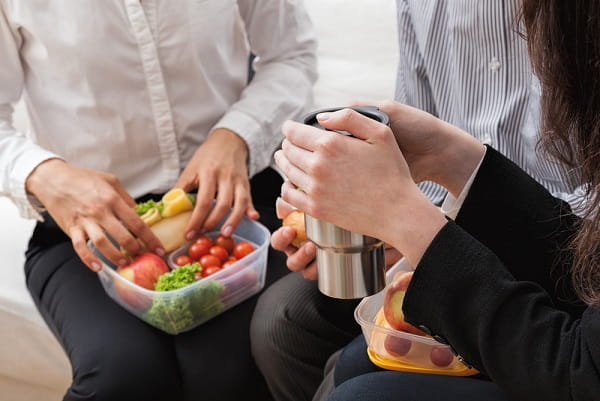You’ve probably heard that you should drink plenty of water for better health. But what is the right amount for you to drink?
Each person has different water needs that depend on several factors, such as your health, the place you live and how active you are every day, according to the Mayo Clinic, which adds several studies have provided “varying recommendations.”
The health organization notes that water comprises about 60 percent of your body weight, and all of your cells, organs and tissues require water to work correctly. And whenever you sweat, breathe, urinate or have bowel movements, water leaves your body. If you don’t get enough water to replenish what’s lost, you could become dehydrated, and your body might not be able to function normally.
Drinking water and other beverages, such as juice, milk and herbal teas, and eating foods containing water are good ways to boost your water intake. Drinks account for about 80 percent of your daily intake of fluid, while the remainder comes from food, according to the Mayo Clinic.
It notes that the commonly shared advice of drinking eight 8-ounce glasses of water each day is reasonable if you live in a state with a temperate climate and are a healthy adult. According to the Office on Women’s Health, women who are breastfeeding should have more fluid in the form of water or other beverages. Talk to your health care provider for more information about how much water you should be drinking.
Several factors could affect how much water your body needs to stay hydrated, according to the Mayo Clinic. They include how much you exercise (and sweat); if you are pregnant or breastfeeding; if you are sick and lose fluids through a fever, diarrhea or other illnesses; and if you live in a humid or hot environment or at a high altitude.
It’s recommended that you drink water before, during and after you exercise, and if you work out intensely for more than an hour, you can have a sports drink to replace the electrolytes you lose by sweating.
Drinking too much water is possible, but rare for a healthy adult who eats an “average American diet,” according to the Mayo Clinic. It says a condition called hyponatremia could be a concern for some athletes who take part in endurance events or have intense and lengthy workouts. Hyponatremia can be life-threatening, and it occurs when your blood’s sodium content is diluted when your kidneys can’t get rid of the excess water you’ve consumed.




